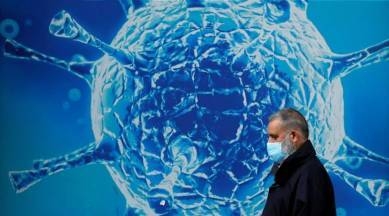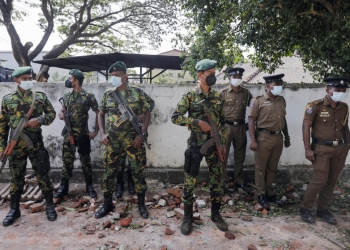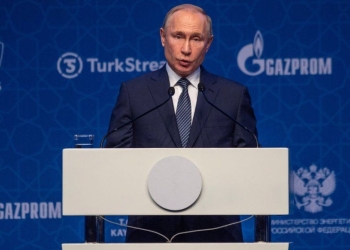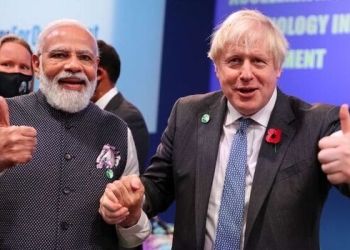Nearly two years into the Covid-19 pandemic, the world raced Friday to contain a new coronavirus variant – B.1.1.529 – potentially more dangerous than what we had before. A World Health Organization panel named the variant “omicron” and classified it as a highly transmissible virus of concern, the same category that includes the predominant delta variant, which is still a scourge driving higher cases of sickness and death in Europe and parts of the United States.
As a host of countries – the United States, Canada, Russia – restrict travel for visitors from the region, here’s what the top international health body WHO has said till now about the variant: A WHO panel – The Technical Advisory Group on SARS-CoV-2 Virus Evolution – reconvened on November 26 to assess this new Covid-19 variant named after a letter in the Greek alphabet. The WHO flagged the distinct peak in reported cases in South Africa. From just over 200 new confirmed cases per day in recent weeks, the region has seen the number of new daily cases rocket to 2,465 on Thursday.
Also, know that Punjab: Genome sequencing shows Delta variant in all positive cases
The number of cases of this variant appears to be increasing in almost all provinces in South Africa. Current SARS-CoV-2 PCR diagnostics continue to detect this variant and submit complete genome sequences and associated metadata to a publicly available database, such as GISAID. Report initial cases/clusters associated with VOC infection to WHO through the IHR mechanism. The International Health Regulations are an instrument of international law that is legally binding on 196 countries, including the 194 WHO the Member States. In India, the INSACOG, a consortium of the government institutions involved in coronavirus genome sequencing, has not yet detected the presence of the variant in the country.
























